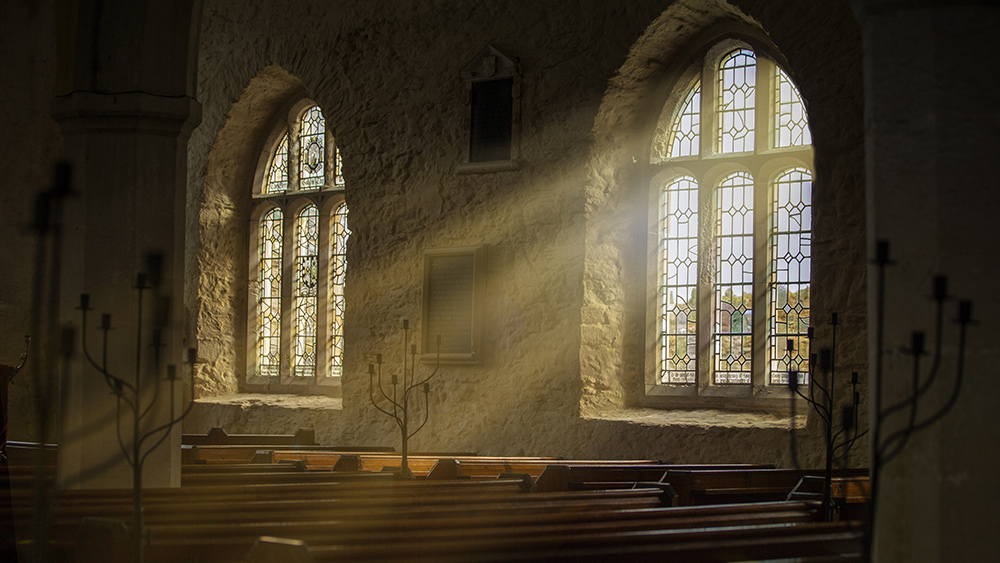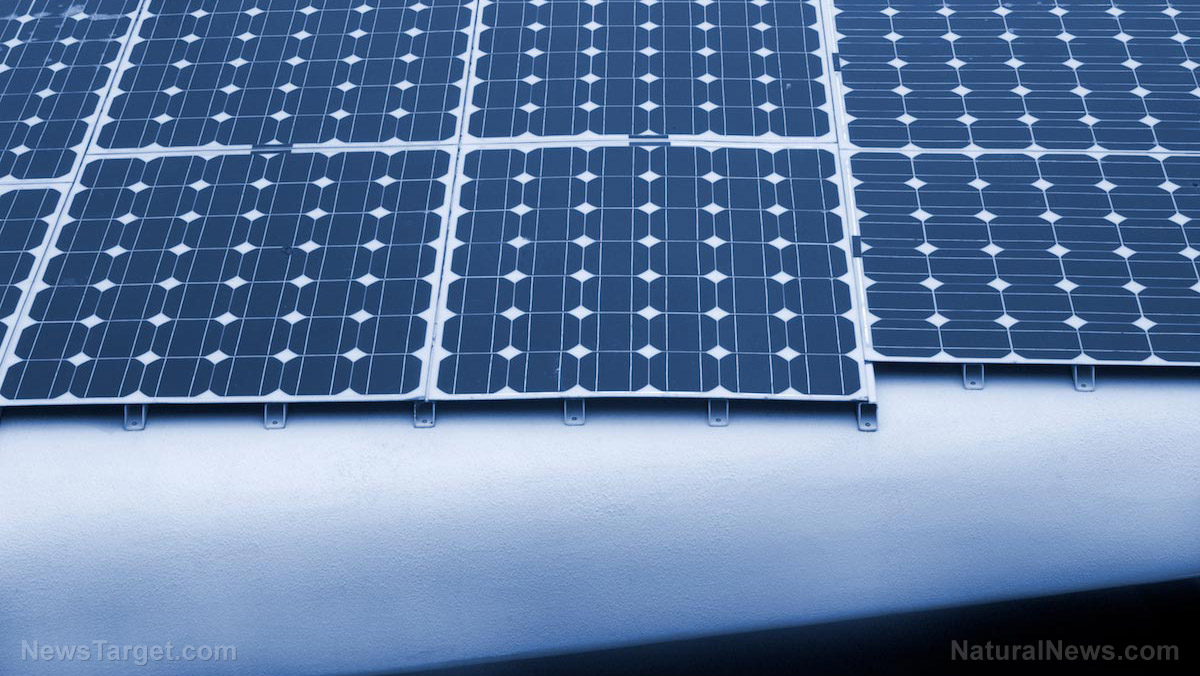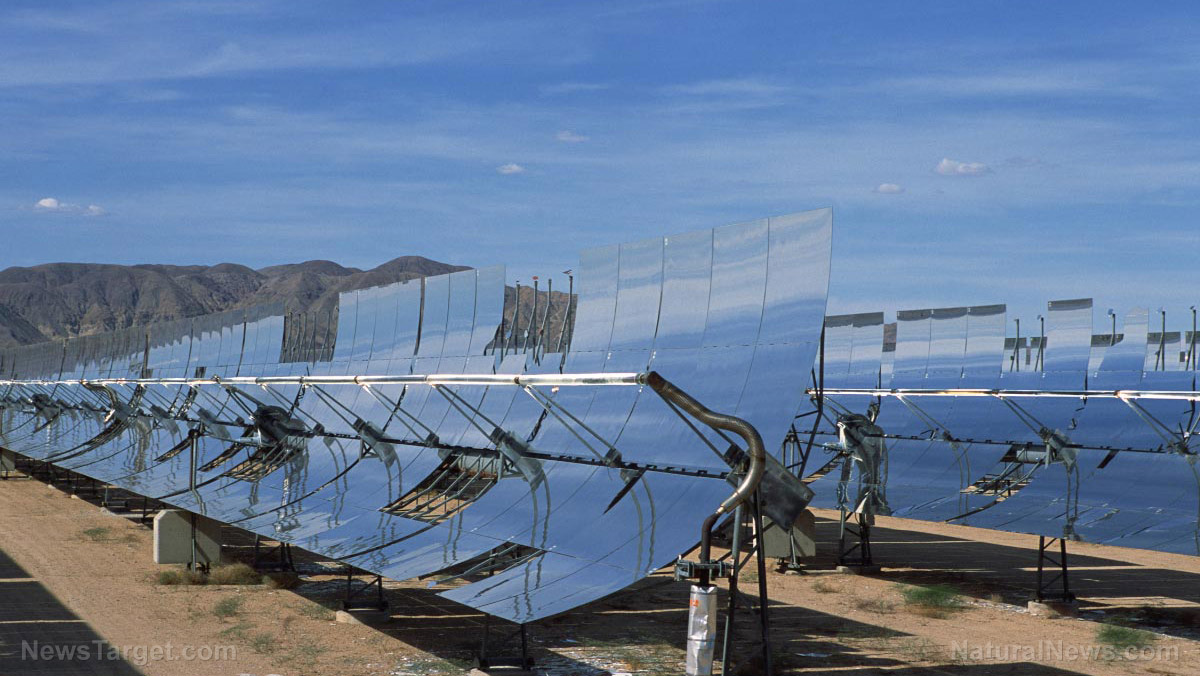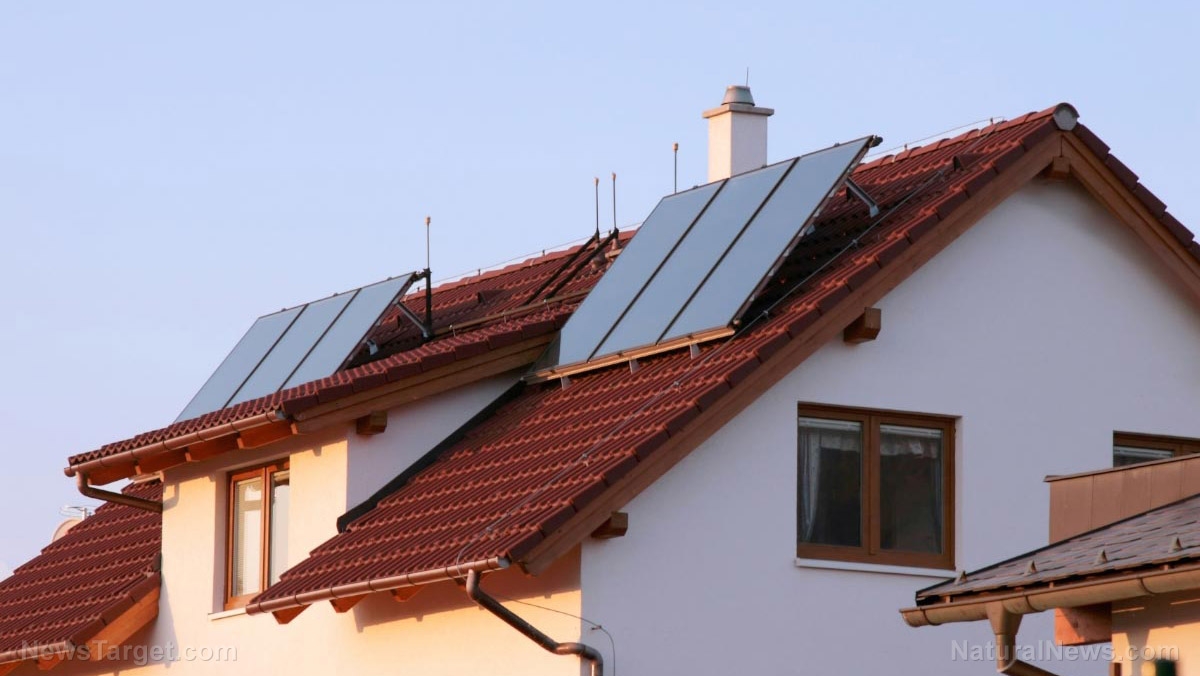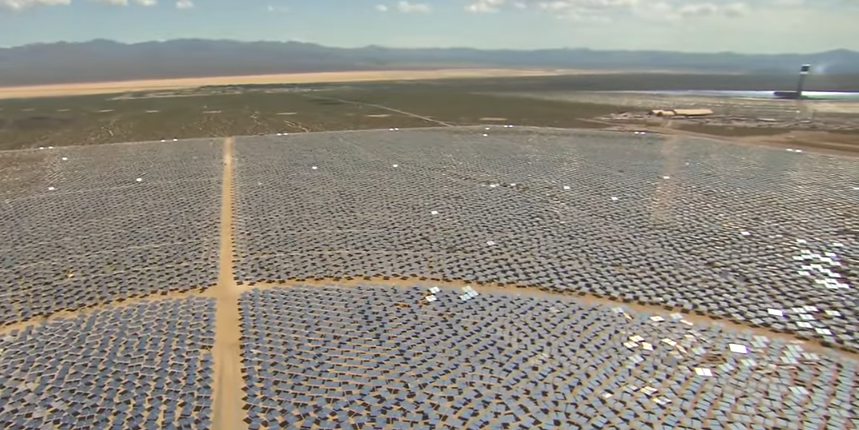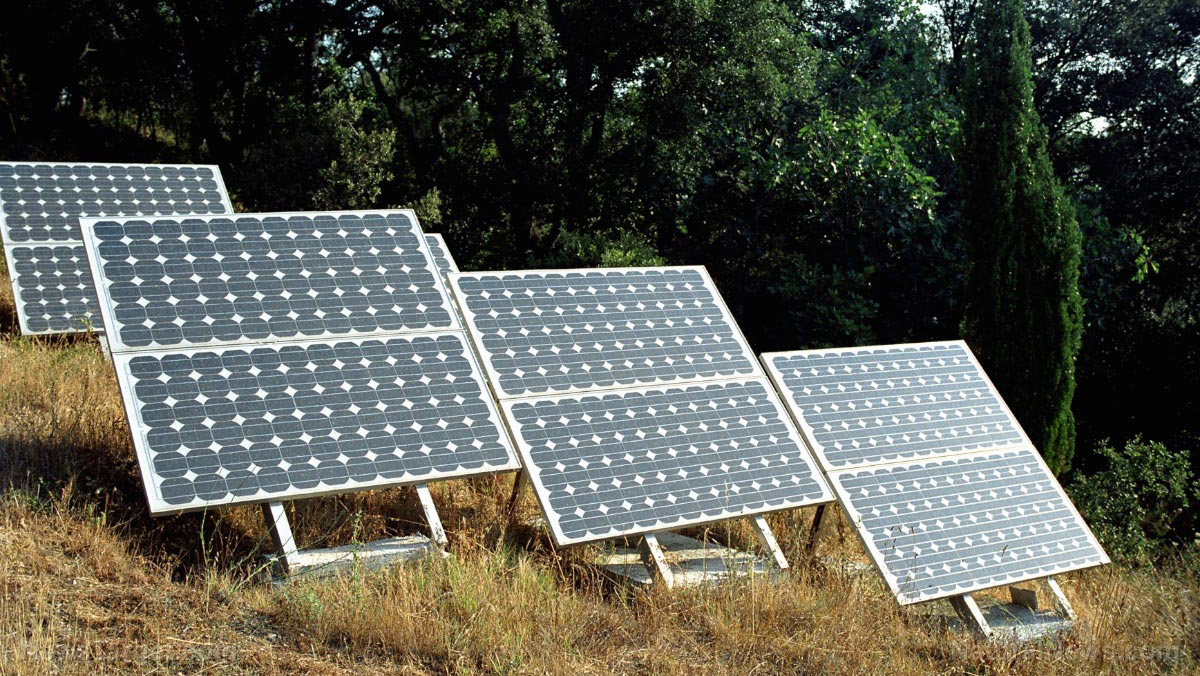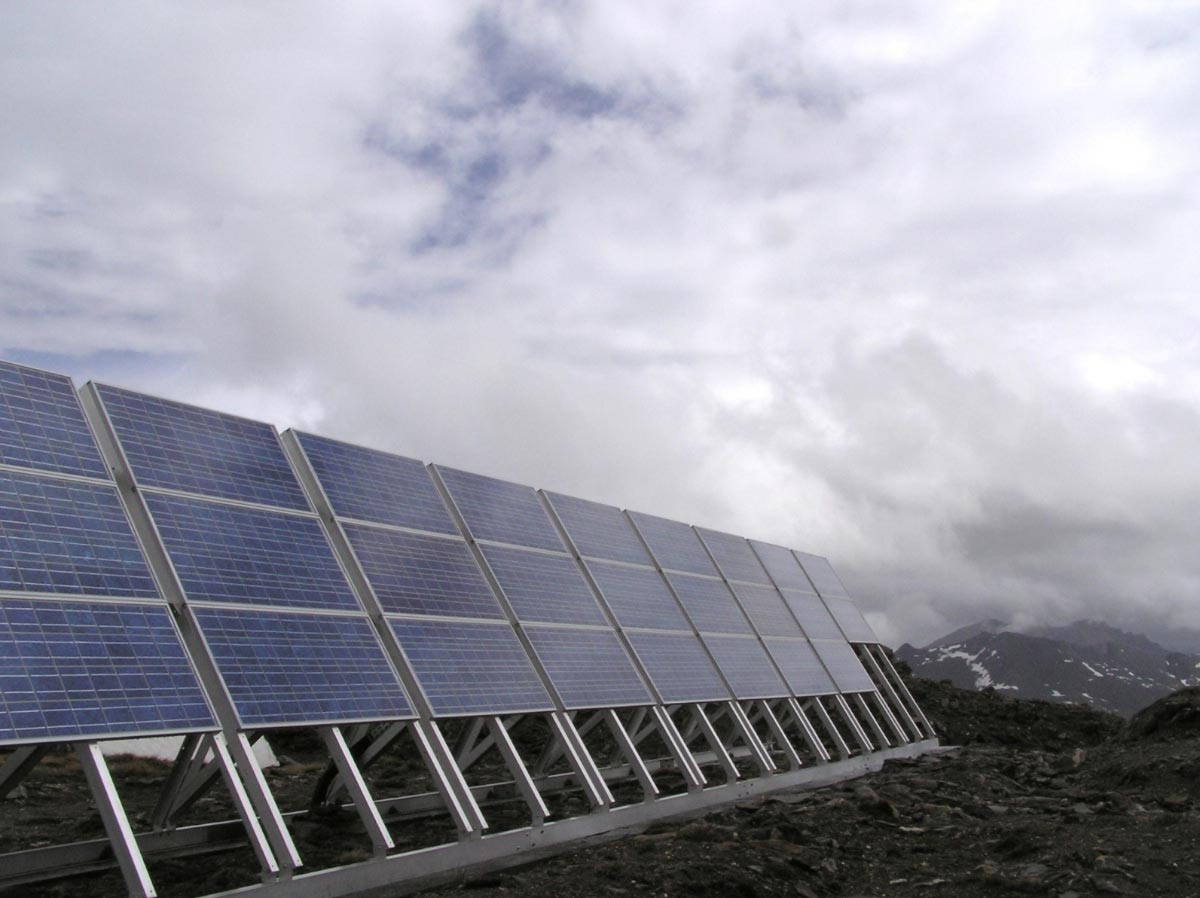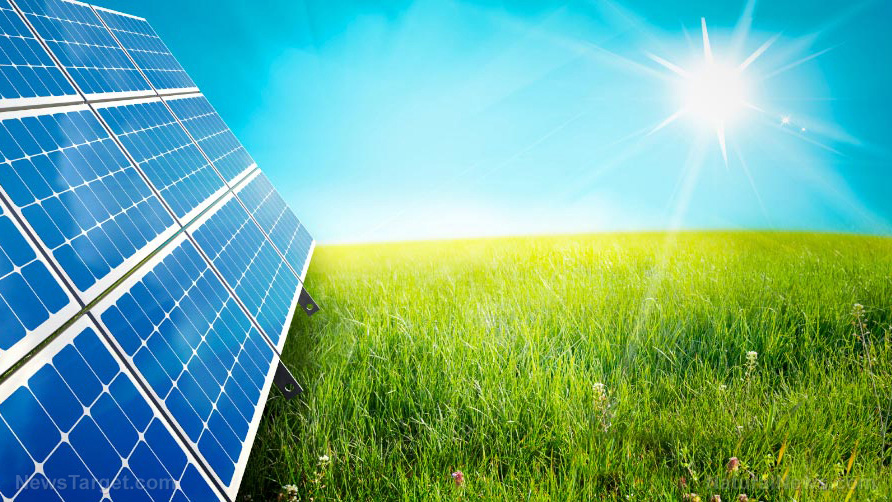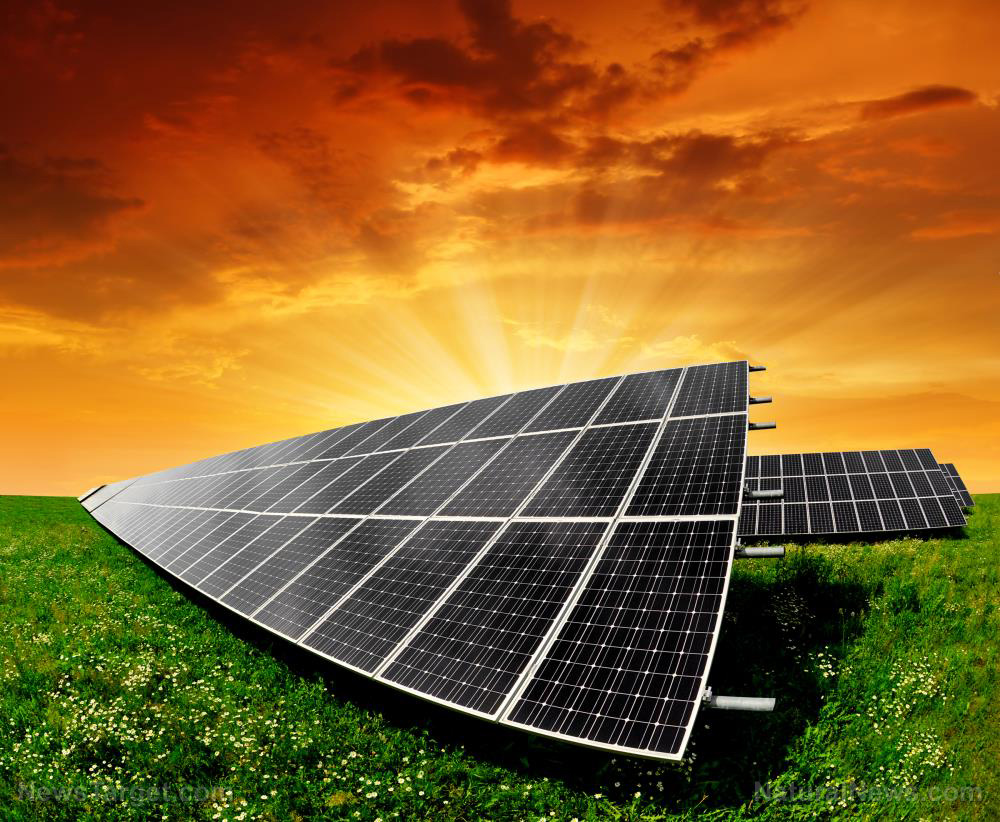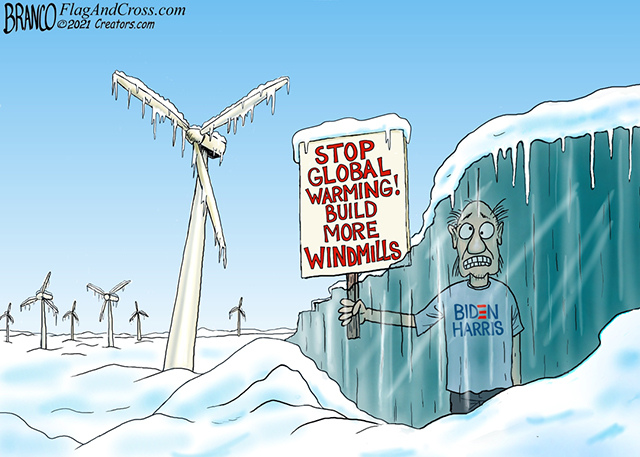America’s top solar suppliers linked to forced labor in Xinjiang
04/29/2021 / By Nolan Barton
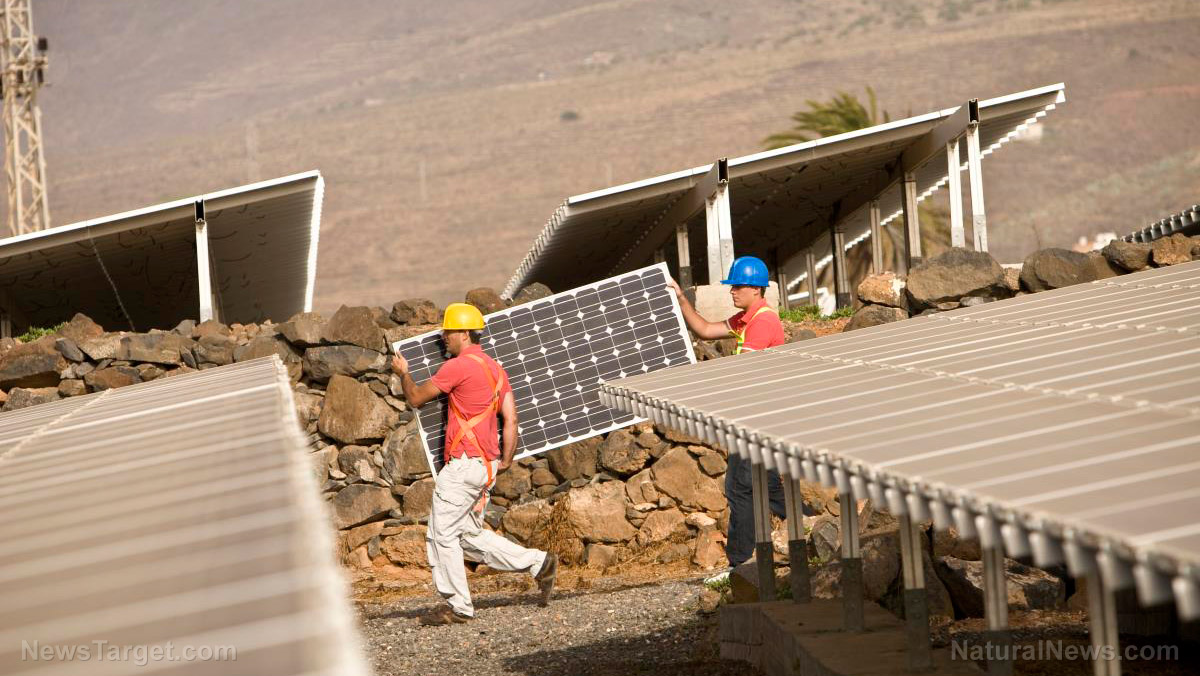
Four of America’s top solar panel suppliers during the fourth quarter of 2020 were companies that source the raw material polysilicon or other components from factories in Xinjiang – an industrial hub where the Department of State has said China is committing “genocide and crimes against humanity.”
Among them was JinkoSolar Holding Co. Ltd., which operates a factory in Xinjiang. The company said sales to the U.S. accounted for approximately 31 percent of its revenues during the first nine months of 2020 compared to about 25 percent in all of 2019.
Former Secretary of State Mike Pompeo accused China of committing genocide and humanitarian crimes in Xinjiang, including the use of forced labor. Antony Blinken, Pompeo’s successor, said: “I think we should be looking at making sure that we are not importing products that are made with forced labor from Xinjiang.”
Trade group Solar Energy Industries Association urged members in October of 2020 to reroute their supply chains away from the region after Customs and Border Protection began seizing imports from Xinjiang and the House of Representatives passed a bill that would ban goods that are made there unless the producers were proven not to have used forced labor. (Related: US corporations lobbying against bill cracking down on products made with Xinjiang forced labor.)
Several U.S. solar companies, including Sunrun Inc. and Sunnova Energy International Inc., told S&P Global Market Intelligence that they have asked vendors to certify that they do not use forced labor.
While segments of the solar industry have moved quickly to avoid being implicated in potential labor abuses, analysts and market participants say some manufacturers in China have been slow to respond.
“There are some who have no news of this development or are completely dismissive of this threat,” said Andy Klump, CEO of Clean Energy Associates Ltd. “Those who have yet to make any changes to their solar supply chain will be caught off guard when the legislation passes, as the process to track and adjust their supply chain can take months.”
Many manufacturers in China’s solar industry operate factories in countries across Asia, making it difficult to determine whether a particular production line has been exposed to alleged labor exploitation. But they are likely to use the raw polysilicon materials produced in Xinjiang.
China dominates solar industry despite forced labor issue
The U.S. still does not make nearly enough solar panels to meet domestic demand. Imports shot up 40 percent in 2020 as investment in the country’s solar market rose 17 percent, according to data from research firms Panjiva and BloombergNEF.
Of the roughly 59,500 shipping containers that delivered solar panels to U.S. ports during the fourth quarter of 2020, more than 70 percent were shipped from Asia, with nearly a quarter coming from China and Hong Kong.
Globally, China accounted for 62 percent of solar cell and panel shipments in 2020, according to Paula Mints, chief analyst at SPV Market Research. China’s hold over the global solar sector has its roots in the late 2000s when the country pumped vast amounts of money into solar technology as part of an effort to reduce dependence on foreign energy.
That dominance extends to polysilicon, a raw material that most solar panels use to absorb energy from sunlight. About 80 percent of the solar industry’s polysilicon capacity is located in China, mostly in Xinjiang.
A report from consulting firm Horizon Advisory says that there are indications that China’s top polysilicon companies and other solar manufacturers participate in resettlement programs for Uyghurs in Xinjiang, “enlist” resettled laborers at production facilities in the region and implement “re-education” programs for resettled populations. (Related: The corporations that are so concerned about slavery and social justice still rely on forced slave labor to make their profits.)
According to Horizon Advisory, products made by JinkoSolar, Trina Solar Co. Ltd. and LONGi Green Energy Technology Co. Ltd. contain polysilicon from Daqo New Energy Corp. – a supplier whose operations are intertwined with a paramilitary group called Xinjiang Production and Construction Corps that was sanctioned by the U.S. in July last year for “serious rights abuses.”
The report said that GCL-Poly Energy Holdings Ltd., which supplies polysilicon to Canadian Solar Inc., has also received labor transfers in Xinjiang.
A JinkoSolar spokesman said the Horizon Advisory report does not “demonstrate forced labor in our facilities.”
Daqo said in a statement that it has “a zero-tolerance policy towards forced labor in its own facilities and across its supply chain.” Zhang Longgen, vice chairman of Xinjiang Daqo, told state-owned Global Times that the polysilicon plants were not labor-intensive and that the company’s workers were freely employed and could quit if they wanted.
Canadian Solar, LONGi and Trina, which were among the top suppliers of solar panels to the U.S. during the fourth quarter of last year, did not respond to messages seeking comment.
40 percent of U.K. solar farms use panels from companies linked to forced labor
Meanwhile, investigation by the Guardian has found that up to 40 percent of the U.K.’s solar farms were built using panels manufactured by China’s biggest solar panel companies, including JinkoSolar, JA and Trina.
An industry source, speaking on condition of anonymity, told the Guardian that up to four in 10 of the U.K.’s existing solar farms were built using panels from the companies named in the Horizon Advisory report.
The U.K.’s Ministry of Defense (MoD) this month revealed plans to install the first of 80 solar farms on the army estate at Leconfield using thousands of panels made by Trina as part of a deal with the U.K. energy firm Centrica. The MoD did not answer questions about what checks it had made on Trina’s supply chains, or whether panels with potential links to forced labor had been used on other sites.
The U.K.’s Coal Authority, a government agency sponsored by the Department for Business, Energy and Industrial Strategy, has included solar panels made by JA in a third of the solar farms it has built across its estate of former mining sites since 2017.
A government spokesperson said: “We are thoroughly investigating recent allegations of forced labor in solar panel supply chains. In January we announced a comprehensive package of measures to help ensure no U.K. organizations are complicit in the serious human rights violations being perpetrated against the Uyghur and other minorities in Xinjiang.”
Some of the U.K.’s most prolific solar developers have used panels from the Xinjiang-linked companies. The Guardian has found that panels from the Chinese companies were used in projects built since 2016 by United Utilities, Scottish Water, Bluefield Solar, Foresight Solar and Solarcentury.
Follow Tyranny.news for more news and information related to forced labor in China.
Sources include:
Tagged Under: crimes against humanity, genocide, human rights, Mike Pompeo, paramilitary group, polysilicon, re-education programs, solar developers, solar farms, solar industry, solar panel, Uyghur minorities, Xinjiang
RECENT NEWS & ARTICLES
SolarTechReview.com is a fact-based public education website published by Solar Tech Review Features, LLC.
All content copyright © 2018 by Solar Tech Review Features, LLC.
Contact Us with Tips or Corrections
All trademarks, registered trademarks and servicemarks mentioned on this site are the property of their respective owners.



